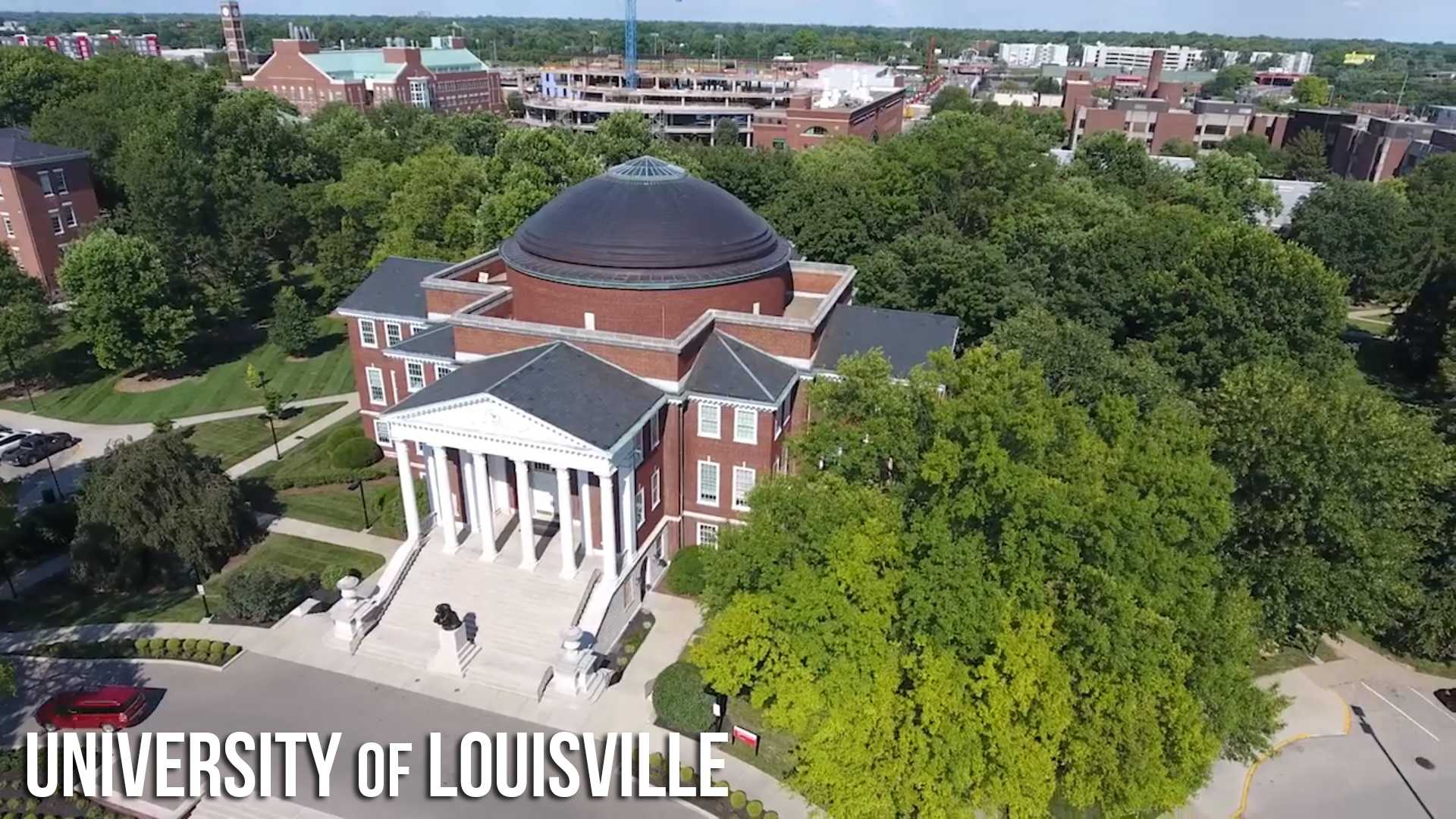Education
Ohio Private College Presidents’ Pay Varies by Over $1 Million

The highest-paid private college president in Ohio earned more than $1.5 million in 2022, while the lowest-paid earned less than $500,000, according to a Columbus Dispatch analysis of tax forms from 20 private colleges and universities across the state. The data, compiled from Form 990 filings with the Internal Revenue Service, reveals stark disparities in compensation among Ohio’s private higher education leaders.
Denison University’s Adam S. Weinberg and Franklin University‘s David R. Decker were the highest-earning local presidents, with total compensations of $1,038,791 and $1,033,932, respectively. Weinberg’s earnings included a $662,967 base salary, while Decker’s package featured a $516,744 base salary and a $459,221 bonus. Both presidents have led their institutions for over a decade, with Weinberg at Denison since 2013 and Decker at Franklin since 2007.
Case Western Reserve University‘s Eric Kaler topped the list statewide, earning over $1.5 million in 2022. Kaler, who joined the Cleveland-based research university in July 2021, received a $1,091,302 base salary and a $290,000 bonus. In contrast, presidents at several Columbus-area institutions, including Capital University, Columbus College of Art & Design, and Ohio Dominican University, earned less than $500,000.
Ohio’s highest-paid private college presidents still lag behind national figures. The University of Pennsylvania‘s former president, Amy Gutmann, received nearly $23 million in her final year, with $20.3 million attributed to deferred compensation and investment gains accumulated over her 18-year tenure. This payout is believed to be a record for a college president.
The Dispatch analysis highlights the growing debate over executive compensation in higher education, particularly as many institutions face financial challenges and rising tuition costs. While some argue that competitive salaries are necessary to attract top talent, others question the ethics of such disparities in a sector focused on education and public service.












